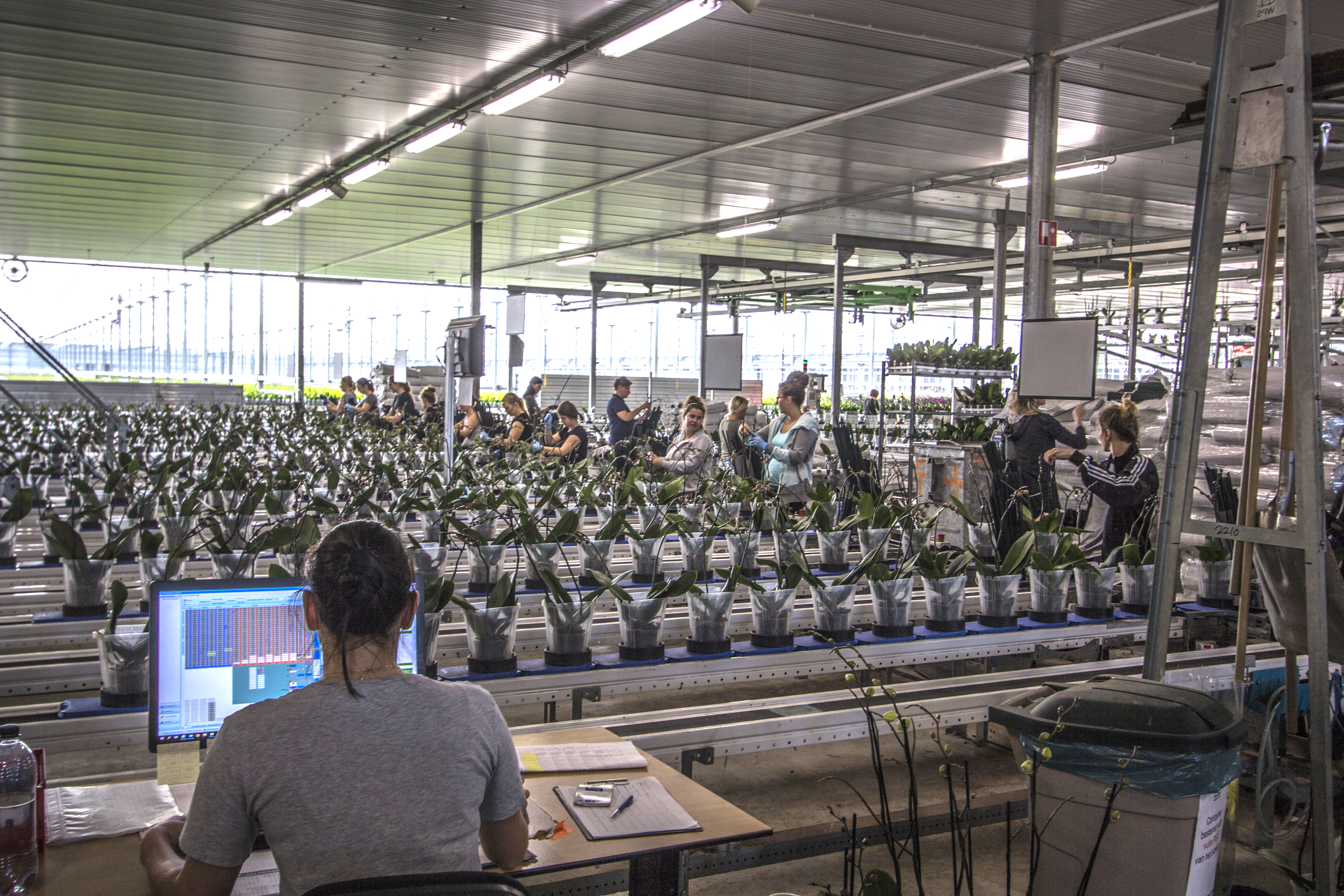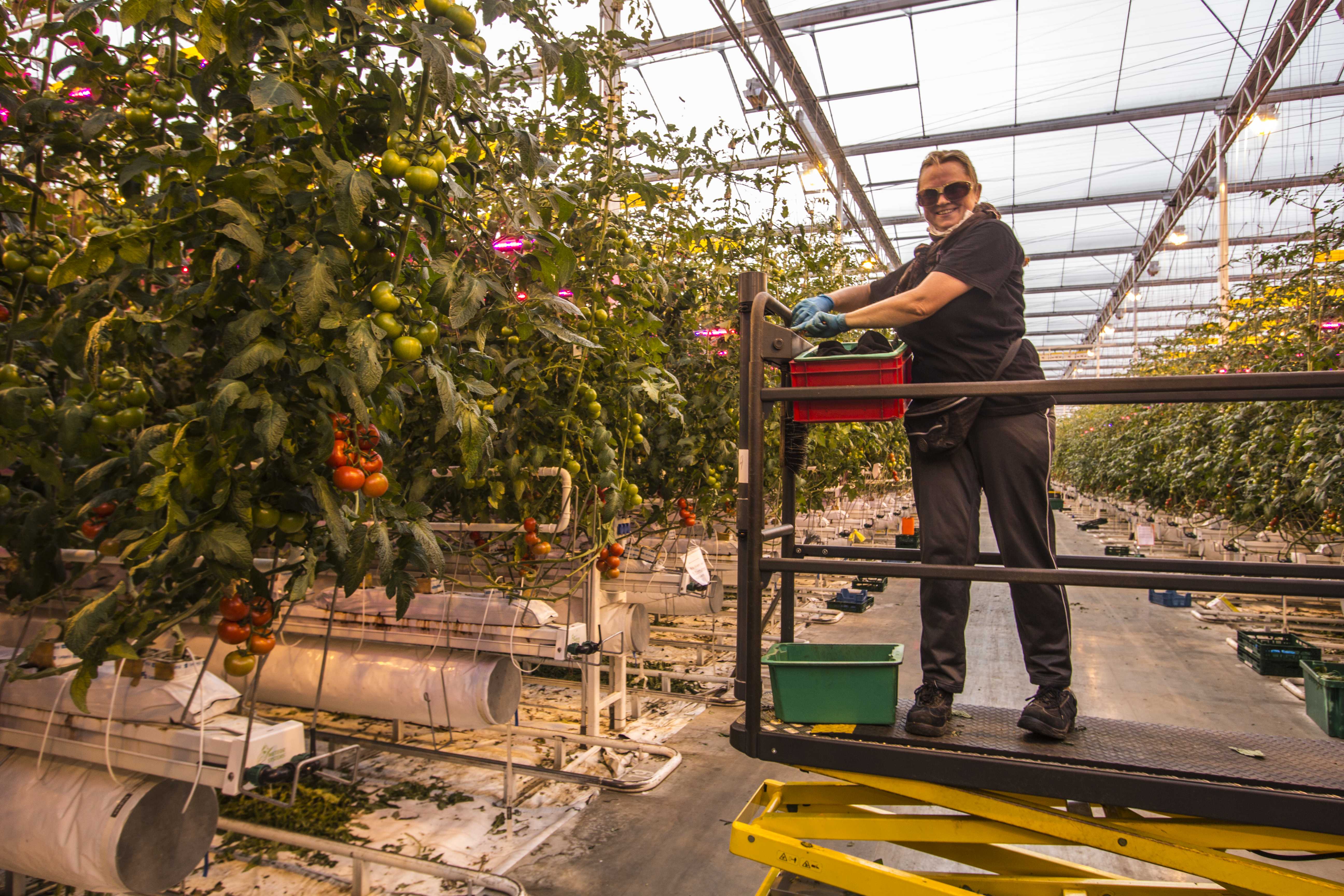post-habitat
Fellowship at Akademie Schloss Solitude (2019-2020)


While that proposition might sound like science fiction, the reality is that such utopia is already embodied in everyday products available all year round, anywhere, that we eat, drink, or simply desire for their ‘natural’ beauty. This research, conducted during my fellowship at the Akademie Schloss Solitude, highlighted the posthuman turn taking place in the spaces of horticulture and farming, its potentials, risks, and conflicts.
Through this work I explored different presentation formats to formulate questions and present findings, such as an installation, essays, videos, and collage.
Related publications:
Muñoz Sanz, V. (2020), “Genes, Robots, and Toxicity: the Haunted Landscapes of Milk Production”, in Solitude Journal 1, issue on ‘Collective Care and Response-ability”, pp. 58-67. ︎︎︎︎
Muñoz Sanz, V. (2020), “Best Supporting Characters,” in: Riha, T. et al., eds., Steel Cities: Architecture of Logistics in East Central Europe. Prague, Zurich: VI PER, Park Books, pp. 290_304. ︎︎︎︎
Muñoz Sanz, V. (2020), “Genes, Robots, and Toxicity: the Haunted Landscapes of Milk Production”, in Solitude Journal 1, issue on ‘Collective Care and Response-ability”, pp. 58-67. ︎︎︎︎
Muñoz Sanz, V. (2020), “Best Supporting Characters,” in: Riha, T. et al., eds., Steel Cities: Architecture of Logistics in East Central Europe. Prague, Zurich: VI PER, Park Books, pp. 290_304. ︎︎︎︎